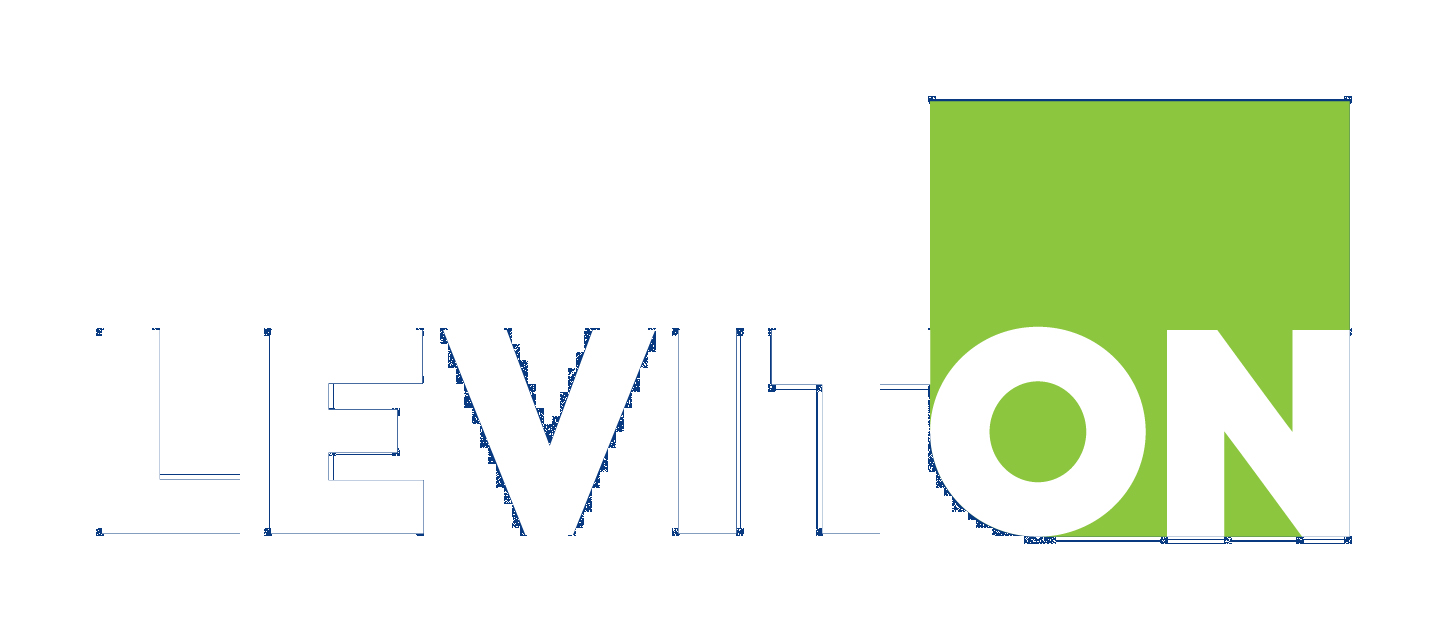Can My Building be installed on a "virtual" sever? Absolutely! It also can be installed on a local physical server if that's more your cup of tea. However, in this article we will be working through the details of what virtualization is, how to achieve it with the My Building software suite, and, roles and responsibilities.
Prior to digesting this article, you may find it helpful to review this article on My Building system architecture.

Effectively, in this diagram:
A full discussion of the type of network communication is required between various arts of the system id documented in the article My Building which ports must be open.
Prior to digesting this article, you may find it helpful to review this article on My Building system architecture.
Roles & Responsibilities
Specific to virtualized environments, the roles and responsibilities are split between Leviton & the site IT team.- Leviton
- Commissions the control systems per the contract documents
- Connects the control systems to My Building
- Provides training on how to use the system to the end users
- Provides My Building software and installation instructions to the IT team
- Provides phone, email, and community support services
- Provides Remote Support if remote access is provided
- Provides Dev Ops support if purchased
- Site IT Team
- Provides hardware for installation of My Building
- Defines specific My Building architecture
- Executes all required network configuration
- Installs My Building software
- Performs all system upgrades
What is virtualization aka a virtual server?
A virtual server is a software-based server that mimics the functionality of a physical server by partitioning a physical server into smaller, self-contained compute platforms. Virtual servers are often located in a cloud environment or off-site data center. There are several benefits to virtualization, and, the industry is ripe with broad and differing options on the topic, however, some of the key benefits are:- No dependency on physical hardware
- No single point of failure
- Ability to scale computing resources based on needs - static or dynamic
- Build-in redundance
- Centralized backup & management
- Increased security
- Lower Total Cost of ownership
Effectively, in this diagram:
- Hardware: There are two physical pieces of hardware. In a virtualized environment we call these "Host Machines" and typically would have lots of process, memory, or storage capabilities.
- Sever Manger: This is the devices which is responsible for managed the hardware, where, and how the virtual machines are deployed
- Network: These are the clients and devices that interact with the virtual machines.
Operating System
My Building will operate in any environment that runs Linux containers (aka docker containers.) Leviton has tested and offers, for fee, dev ops support services, for My Building under Windows Server 2022 or later, Windows 10 Pro, Ubuntu Linux, Microsoft Azure, Google Cloud, and Amazon web services. As such, any of these environments are suitable for the installation and your preference of OS.Note:
- When installing on all platforms, our installations include Rancher & k3s except for servers which are BACnet only which run containerd and docker usually on Linux. Other architectures are supported but require local IT team support.
- When installing on Microsoft platforms, containers are not natively supported in production environments. That said, many people choose to do it anyway. A solution for auto-start of containers is required; auto-login+lock is most commonly used for this purpose.
- If BACnet is required, Microsoft has a bug passing UDP data between the container host and the container itself. IF this is required, local IT team support will be required to implement a solution.
Storage Space
How much storage is required? In short, Leviton recommends 1TB available for application and storage which will cover most system sizes. However, for systems of < 300 rooms, 250GB is sufficient to get started and then monitor consumption over time. The amount of required space will vary greatly based on the quantity of rooms, number of devices installed per room, the type of information that is being stored, and retention policies in place.- ~ 6GB Staging directory and image storage
- ~ 30GB Database & File Storage for moderate sizes installation
- Based on retention policies, storage requirements will grow over time and vary significantly based on the size of the project
Communication, ports, and the like
A full discussion of the type of network communication is required between various arts of the system id documented in the article My Building which ports must be open.
Remote & Internet Access
Remote access is never required permanently. The system will operate fully standalone in a completely isolated environment. However, remote access can be a useful way to improve experience for the following:- Internet Access - useful to download My Building updates, device firmware, device definitions, and related information from the public myBuilding.Leviton.com server. If internet access is not available, information can be transferred via USB or other means.
- Certificates - the system supports both user installed and Let's Encrypt certificates with auto-renewal. Internet access is required for auto-renewal.
- Dev ops Support - if you purchased dev ops support as part of your package, full "root" / administrator privileges with remote access to the computer is required during the installation and roll out period
- Remote Support - if remote support is needed by our team, remote access during the support exchange can be useful to aid in troubleshooting as it offers a streamlined experience with both parties looking at the same data.
More Questions?
Please leave reply below or email LCTechSupport@Leviton.com
Last edited:
